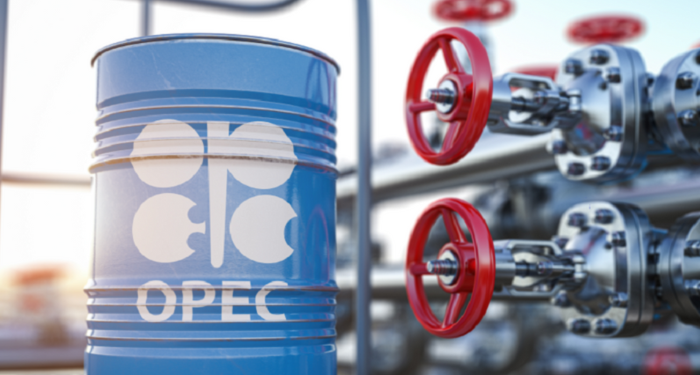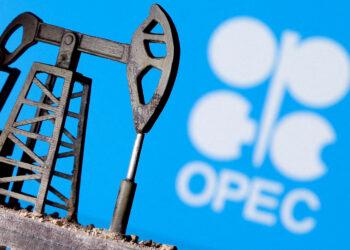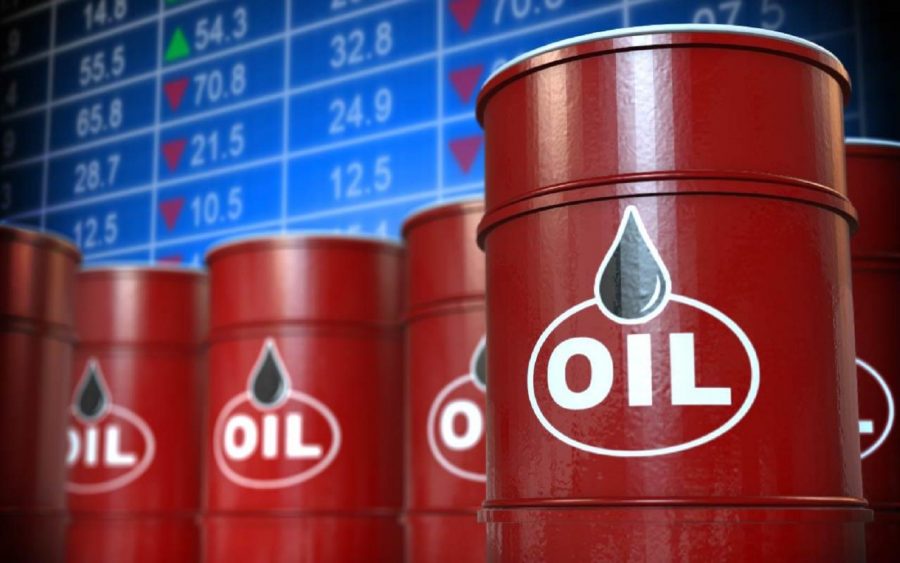The Chairman of the Organisation of Petroleum Exporting Countries (OPEC) Board of Governors, Adewale Adeyemo-Bero, has explained why Nigeria’s crude oil production should not be below 2 million barrels per day (bpd).
Adeyemo-Bero based his argument on Nigeria’s reserves and resource base, which, according to him, has the capacity to produce 2.5 million, 3 million, or even 4 million barrels per day if properly explored and utilized by relevant stakeholders.
Speaking on Thursday at the Heirs Energies Leadership Forum 2025 in Abuja, which was attended by Nairametrics, Adeyemo-Bero shared his insights on Nigeria’s crude oil potential.
Nigeria’s Positioning to Secure Adequate Production Quotas
Responding to questions on how Nigeria can position itself within OPEC+ to secure the production quotas necessary for sustained industry growth, he emphasized that with Nigeria’s reserves and resource base, “we don’t have any business being below 2 million barrels per day.”
“Nigeria should be producing 2.5, 3, or even 4 million barrels per day with our resource base. And I’m talking about oil—we can do it,” he added.
- Adeyemo-Bero stated that key OPEC member states and stakeholders worldwide believe Nigeria has the capacity to achieve 2 million barrels per day.
- To reach this production level, he urged stakeholders to resolve issues affecting stable crude oil output, describing them as “above-ground risks.”
“I think you can see that our subsurface—I don’t want to say it’s easy—but it’s one of the easier hydrocarbon basins in the world.
“And where else do you drill one well and go through stacks of reservoirs, where a single well can produce 5,000 to 10,000 barrels a day? Where else do you find that? We’ve been blessed with the subsurface,” he said.
- However, he pointed out that the major challenge Nigeria has faced over the past 10 to 15 years is the “above-ground risk,” which includes “insecurity” and “social performance” issues among stakeholders.
- He urged stakeholders and investors in Nigeria’s oil and gas sector to address these challenges, particularly in terms of security and corporate social responsibility (CSR) to host communities where oil and gas companies operate.
- Additionally, he cautioned that while Nigeria should not produce below its targeted quota, it must also avoid exceeding it in the wrong way.
He advised oil and gas stakeholders in Nigeria to brainstorm on how to meet the production target, recommending the expansion of crude oil production through even the smallest marginal fields and joint ventures.
On OPEC’s part, he assured that the organization would ensure a balance between supply and demand in the long term, emphasizing that oil and gas remain an international business.
What You Should Know
The OPEC Board Chair’s recommendation aligns with advice given by Dr. Olusegun Omisakin, Director of Research and Chief Economist at the Nigeria Economic Summit Group (NESG).
- Omisakin previously stated that Nigeria must optimize its crude oil production capacity and other natural resources if it hopes to improve economically.
- He made this recommendation during the Nairametrics Quarterly Macro-Economic Outlook webinar in 2024.
- The Nigerian government has maintained its commitment to boosting oil output in 2025 from 1.5 million bpd to above 2 million bpd.
However, experts warn that achieving this goal may be difficult if issues such as oil theft in the Niger Delta and low investment persist.
- To address this, the government is considering offshore drilling and resuming oil exploration in Ogoniland, among other measures, to increase production.
- Meanwhile, the proposed resumption of oil drilling in Ogoni has sparked agitation from local groups, who argue that Ogoni people are not adequately represented in the government’s engagement with stakeholders.
- Furthermore, the fight against oil theft in the Niger Delta is far from over, with the Nigerian National Petroleum Company Limited (NNPCL) announcing the discovery of illegal refineries almost every week.
There are also litigations by host communities bordering on compensation following drilling activities by a number of oil and gas companies.























